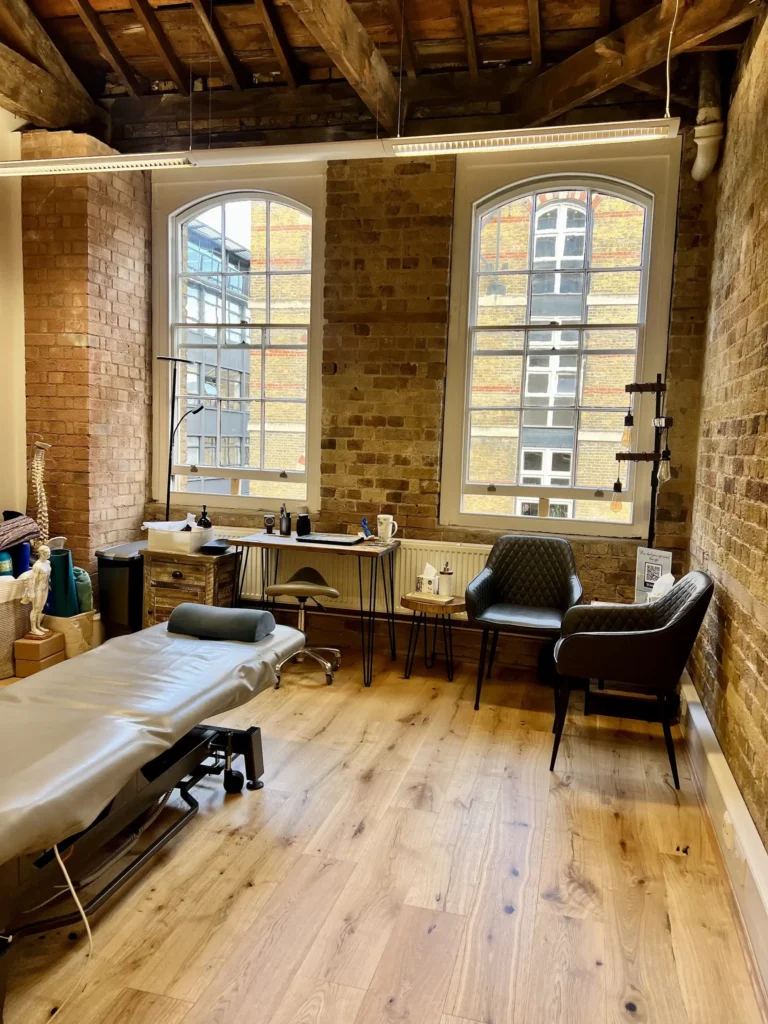Dizziness and Vertigo
Conditions
Dizziness and Vertigo
Dizziness is a feeling of imbalance, unsteadiness and light-headedness, like when walking on a boat or being drunk. Vertigo is a specific type of dizziness where there is a false sense of movement or spinning, often caused by inner ear problems or vestibular disorders.
Standard Medical Approach:
- Diagnosis: ENT specialist, Physical exams, hearing and balance tests, imaging if necessary.
- Treatment: Medications like cortisone, antihistamines or benzodiazepines, Balance exercises, sometimes surgery for inner ear issues.

Hito Holistic Approach
- Diagnosis: Comprehensive assessment including overall the body posture, the neck, the eyes movements, the balance but also the stress level and lifestyle factors since the dizziness could be a level 3 stress reaction.
- Treatment: the dizziness and vertigo are related to some malfunction of 3 important signals telling the brain where the head and the body are: the one coming from the vestibular organs in the inner ear; the one coming from the neck and the one from the eyes. If one of these signals is faulty or delayed on one side or both sides, then the person will suffer with dizziness or vertigo. The best rehabilitation comes from re-coordinating the eyes movements with the head movements (gaze stability exercises) and the daily stimulation of the entire body balance and coordination (balance training). However, since one the signals comes from the neck, the number one rule is to clear the neck, being sure that there is a very good range of motion and no misalignments or bad postures (i.e. cervical inversion or facet joint syndrome). Another evidence-based approach is related to the use of the diaphragm: dizziness improves when breathing with deeply inflating the belly instead of the chest, avoiding a shallow breath. An important key point is also reducing the level of stress through any possible mindful practice (meditation, journaling, breathwork, etc.) but also through sound healing, binaural beats (both changing the brain waves from the awakening status to deep relaxation), and specific gentle manual therapy techniques bringing back the body from a constant fight or flight to the parasympathetic asset of rest sleep recovery heal and digest. In this sense, craniosacral therapy, myofascial induction therapy and acupuncture are great. Often people suffering with dizziness also suffer with tinnitus. In Traditional Chinese Medicine (TCM), these issues are related to various imbalances of the body energy (Qi) like a qi depletion or qi blockage or intrusion of the wind element or excess of phlegm and heat. Acupuncture could be very helpful with dizziness and tinnitus rebalancing meridians like the bladder and the kidney but also the gallbladder and the triple energiser. Instead, following the ayurvedic medicine again the connection would be with the Brow and Crown chakras (eyes, ears, head, neck) but also with the base chakra (stability, rooting, etc). In this case energy healing and dietary adjustments could be very helpful.
